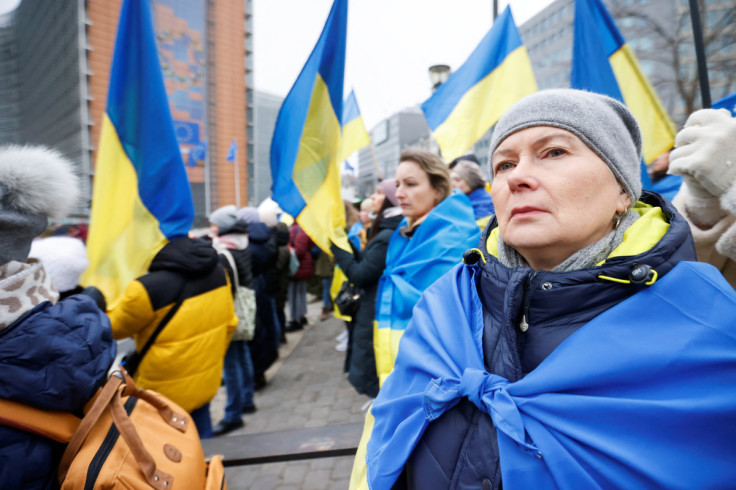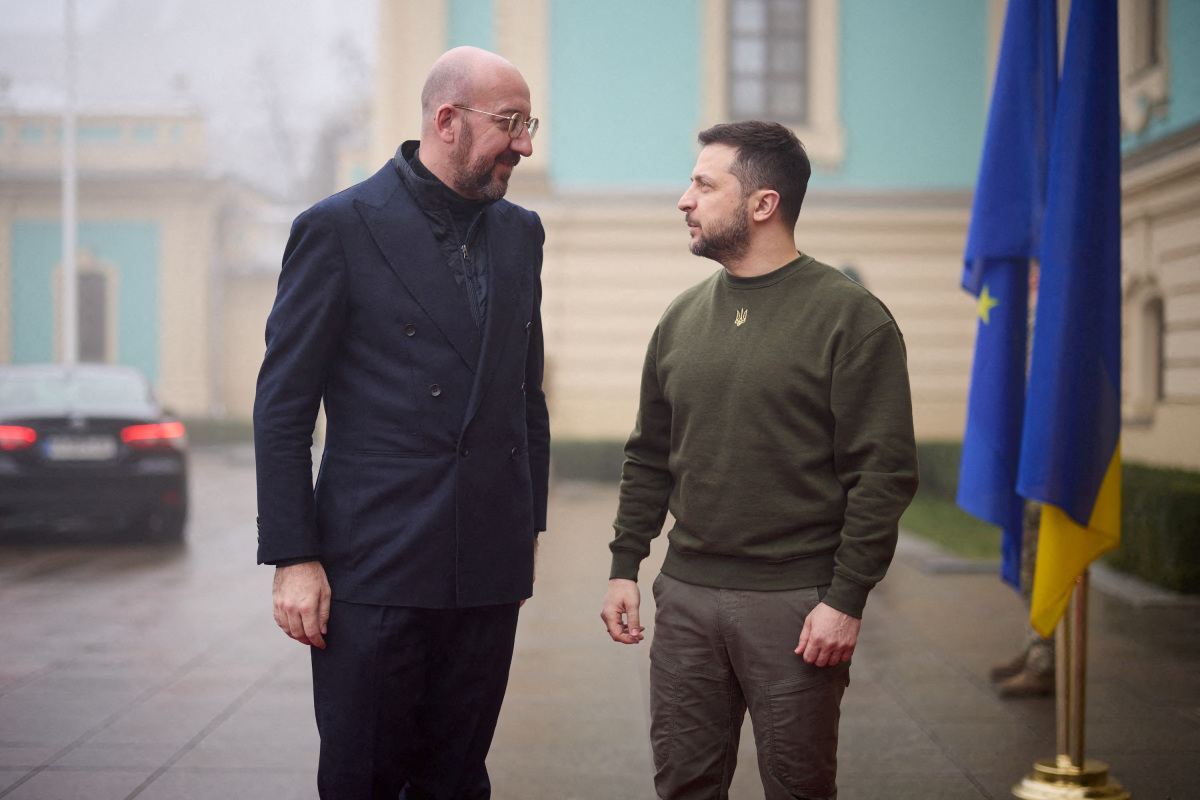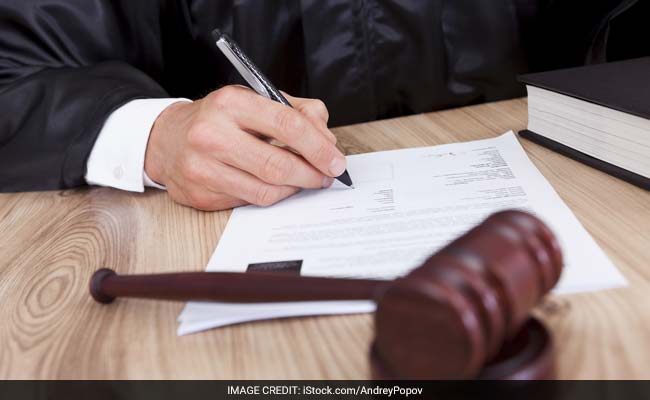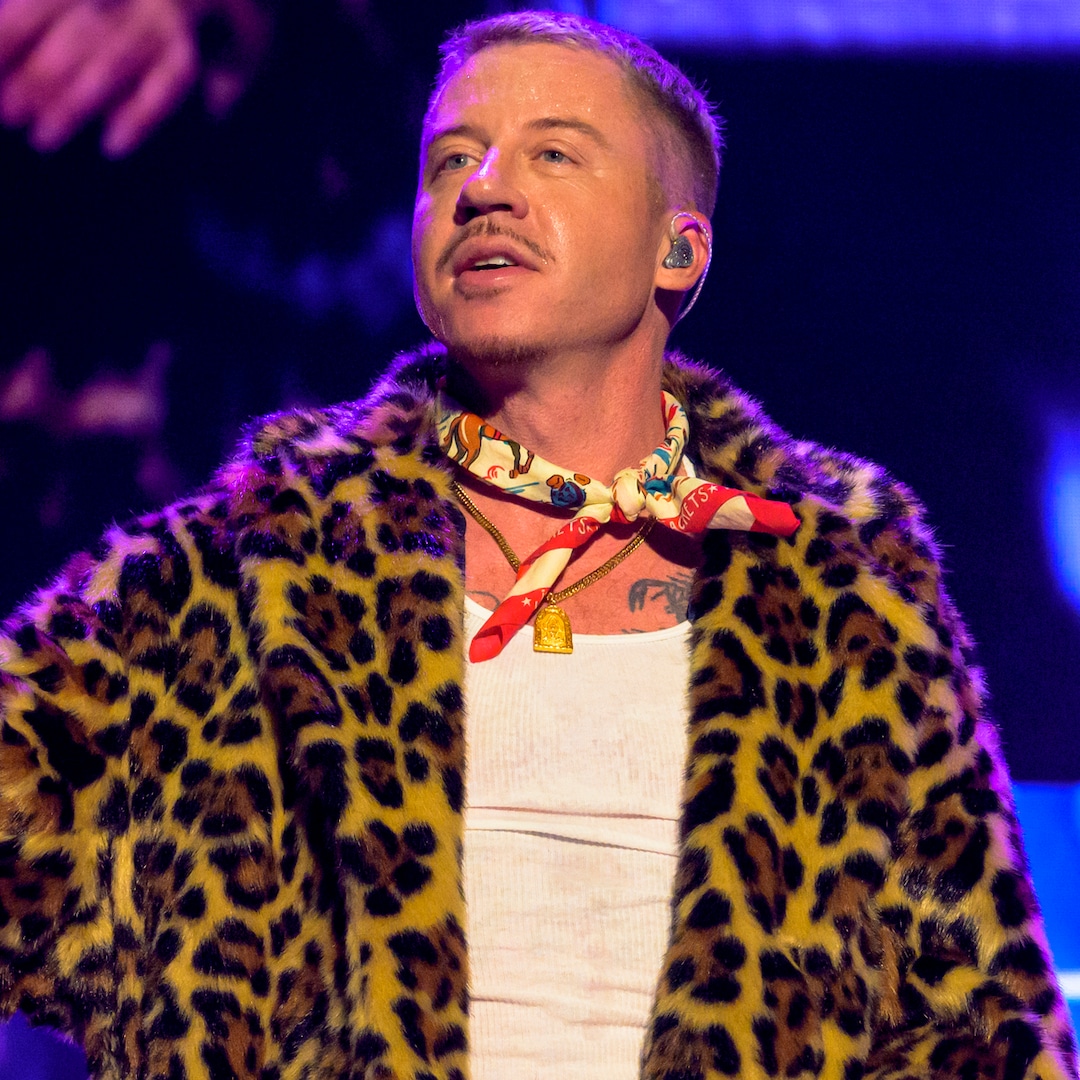Reuters
The European Union wants swift accountability for “horrific” crimes in Ukraine, EU justice ministers said on Friday, even as they differed over the methods in a debate about how to bring prosecutions, seek evidence or fund war damage repairs.
The bloc’s 27 justice ministers met in Stockholm ahead of the Feb. 24 anniversary of Russia’s full-scale attack on Ukraine – a former Soviet republic and Moscow satellite that has sought to join the EU and the NATO Western alliance in recent years.
Kyiv reported heavy fighting in the east of the country on Friday, capping a week when the West promised to provide modern battlefield tanks for the first time to Ukraine to help it fight back against Moscow.
“There absolutely will have to be accountability for horrific international crimes and the brutality of what we’re seeing in Ukraine… the clear and apparent war crimes,” said Ireland’s Simon Harris.
The ministers discussed collecting evidence as well as setting up a new international tribunal to prosecute Moscow’s aggression.
“Nobody doing this kind of war crimes shall go free. It’s very, very important that we will find a way to hold responsible people accountable,” said Gunnar Strommer, justice minister of Sweden.
“The question is, how can we deal with this in a practical and efficient way.”
As the 27 EU countries debated the options, the Slovak minister spoke against starting a new body to carry out prosecutions, something his Belgian colleague specifically called for.
“These acts of aggression should be condemned not only by European countries or by the United States, but by a large majority of countries… in Africa, Latin America and other places,” said Vincent van Quickenborne.
If past evidence is anything to go by, delivering justice is all but certain to be complex and lengthy.
A special court set up in the Netherlands to prosecute the shooting down of a passenger airliner MH17 flying over east Ukraine in July 2014 during Russia’s previous major attack on its neighbour took until November 2022 to issue a ruling.
The court convicted three men and sentenced them to life in prison for helping to transport a Russian military missile system used to down the plane. All 298 people aboard were killed.
The effort involved in prosecuting three low-ranking individuals, who remain at large, fades in comparison to the ambition needed to prosecute President Vladimir Putin and Russia’s top military brass for waging a war.
Since invading 11 months ago, Russia has shifted the focus of its rhetoric from “denazifying” and “demilitarising” its neighbour to confronting what is says is an aggressive and expansionist U.S.-led NATO alliance.
Russia’s invasion has killed thousands of civilians, uprooted millions and reduced cities to rubble. Attacks on Ukraine’s civilian infrastructure, including energy facilities, are possible war crimes, according to the United Nations.
Moscow, which says it is conducting a “special military operation” in Ukraine, has denied deliberately attacking civilians or committing other war crimes.
To pay for the damage, the EU is also considering using Russian assets frozen under sanctions, another complex legal discussion on the table on Friday.
The EU currently believes it has about 33.8 billion euros ($37 billion) of the estimated total of some $300 billion of Russian central bank assets frozen abroad, an EU official told Reuters, stressing the numbers are still rough estimates.
($1 = 0.9189 euros)

Reuters






